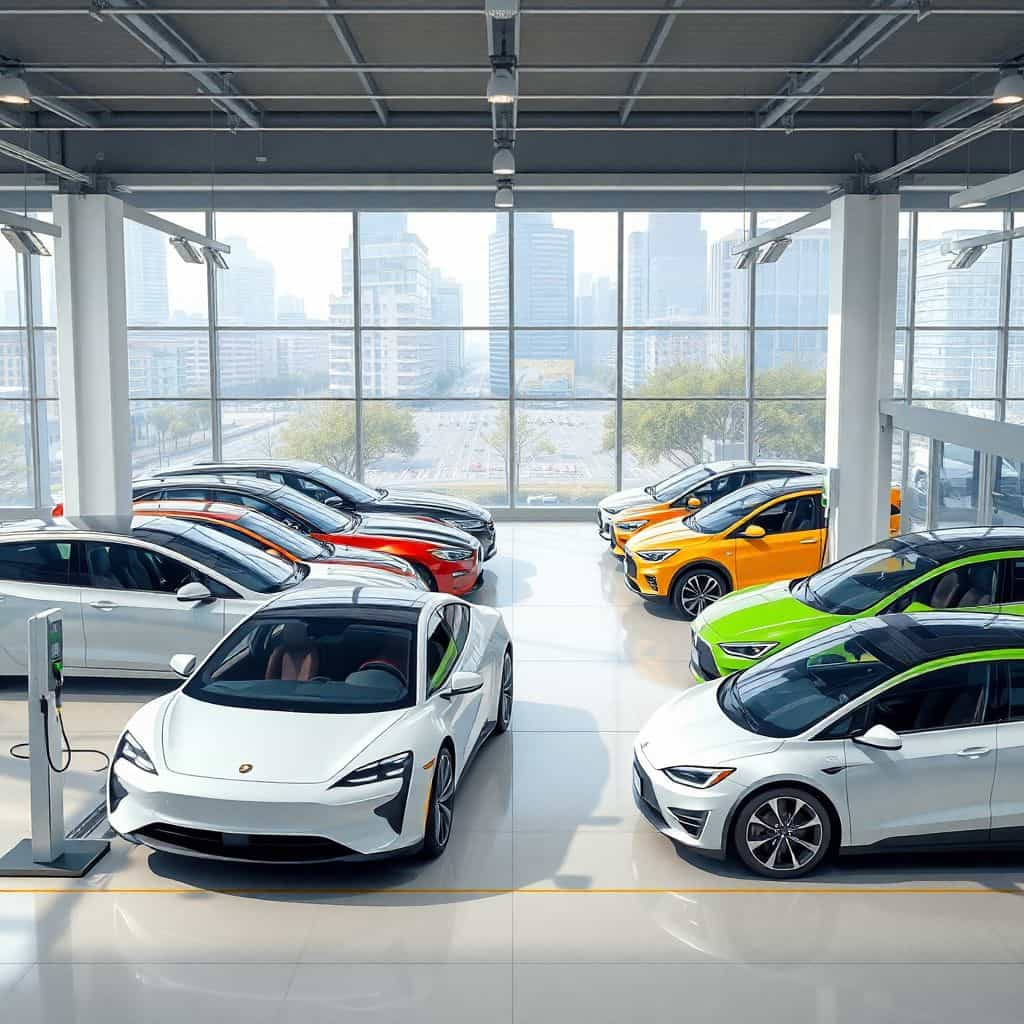As the global shift towards sustainable living becomes more pressing, electric and hybrid vehicles are no longer just alternatives; they are becoming the standard. The transition from traditional petrol vehicles to those powered by electricity or a combination of electricity and fuel involves numerous considerations that potential buyers must navigate.
Firstly, let’s consider the essential aspect of charging. For electric vehicles (EVs), the duration and convenience of charging play a critical role in the purchase decision. Tesla, a leader in the EV market, boasts some of the fastest charging times due to its Supercharger network. A Tesla Model 3, for instance, can gain about 175 miles of range in just 15 minutes at a Supercharger. In contrast, older models or those from brands with less developed infrastructures may take anywhere from 10 to 12 hours on a standard home outlet.
Hybrid vehicles, while not entirely dependent on charging infrastructure due to their dual fuel nature, also require a careful consideration of battery efficiency and its impact on overall fuel economy. Models like the Toyota Prius maintain high efficiency yet require less frequent charging, offering a best-of-both-worlds scenario for many.
An often overlooked yet crucial aspect of owning an electric or hybrid car is the maintenance involved. While EVs typically have fewer moving parts and thus lower maintenance costs compared to traditional vehicles, they do require specialized technicians for repairs. In contrast, hybrids, which still rely on gasoline engines, may incur standard maintenance costs associated with traditional vehicles along with additional battery maintenance.
Extended warranties for both types of vehicles are available and can be invaluable. Manufacturers such as BMW and Nissan offer warranties up to eight years or 100,000 miles for their electric model batteries, providing peace of mind to those concerned about battery longevity. In the rapidly evolving technology landscape of electric vehicles, these warranties can be a significant deciding factor.
From a geographical perspective, the adoption of electric and hybrid vehicles varies significantly. In Europe, Norway leads with nearly 75% of new car sales being electric. This is largely due to governmental incentives and widespread charging infrastructure. In North America, states like California are at the forefront, driven by stringent emissions regulations and a dense network of chargers. Meanwhile, China represents the world’s largest EV market due to government mandates and incentives promoting electric vehicle manufacturing and sales.
The selection of which vehicle to buy also often depends on regional charging infrastructure. Urban areas in developed countries generally offer more charging stations, supporting the choice of fully electric over hybrid models. In contrast, rural areas with fewer charging points might make hybrids a more practical choice.
For those considering the purchase of an electric or hybrid vehicle, it’s crucial to conduct thorough research using reliable sources. Publications like ‘Consumer Reports’ and websites such as Edmunds and Autotrader offer comprehensive reviews and comparisons of models. These resources are invaluable for understanding the long-term value, reliability, and customer satisfaction of various vehicles.
Expert opinions can offer additional insights. For example, Dan Sperling, a professor at the University of California, Davis, and founding director of the Institute of Transportation Studies, asserts that the future robustness of electric vehicle adoption lies in ‘significant advancements in battery technology and greater and more equitable access to fast charging infrastructure.’ His words highlight the importance of both technological improvements and policy actions in shaping consumer decisions.
In conclusion, purchasing an electric or hybrid vehicle involves a careful balance of current needs and future expectations. Buyers should consider charging infrastructure, maintenance costs, warranty coverage, and regional market trends. With the right information and expert insight, consumers can make educated decisions that contribute not only to their lifestyle preferences but also to broader environmental goals.
You may also like
Suburban Real Estate Market: Guide to Buying an Independent House
Purchasing an independent house in the suburbs comes with its unique set of opportunities and challenges. This article explores the various proposals, costs, and advantages of suburban living, delving into the complexities of the market and offering insights on the most cost-effective options.
Guide to Buy an Apartment in the City Center
Purchasing an apartment in the city center is a complex process filled with opportunities and challenges. This article explores various proposals and costs, and provides a detailed comparison of the most attractive options available in today’s real estate market.
Buy of Diesel and Petrol Cars: Comparing offerings from different regions and operators
As the automotive landscape evolves, buying a diesel or petrol car requires careful consideration. This article explores the options, histories, and warranties involved in purchasing such vehicles. It addresses potential issues and how to ensure a safe purchase, while comparing offerings from different regions and operators.
Motorcycle Purchase Guide: Insider Tips and Market Insights
This comprehensive guide explores the nuances of purchasing motorcycles, offering insights into various aspects such as motorcycle conditions, service history, warranties, and more, while also making regional comparisons and suggesting reliable sources for potential buyers.
